Description
Nutrition facts
Soybeans are mainly composed of protein but also contain good amounts of carbs and fat.
The nutrition facts for 3.5 ounces (100 grams) of boiled soybeans are (1Trusted Source):
Calories: 173
Water: 63%
Protein: 16.6 grams
Carbs: 9.9 grams
Sugar: 3 grams
Fiber: 6 grams
Fat: 9 grams
Saturated: 1.3 grams
Monounsaturated: 1.98 grams
Polyunsaturated: 5.06 grams
Omega-3: 0.6 grams
Omega-6: 4.47 g
Protein
Soybeans are among the best sources of plant-based protein.
The protein content of soybeans is 36–56% of the dry weight (2Trusted Source, 3Trusted Source, 4Trusted Source).
One cup (172 grams) of boiled soybeans boasts around 29 grams of protein (5Trusted Source).
The nutritional value of soy protein is good, although the quality is not quite as high as animal protein (6Trusted Source).
The main types of protein in soybeans are glycinin and conglycinin, which make up approximately 80% of the total protein content. These proteins may trigger allergic reactions in some people (4Trusted Source, 7Trusted Source).
Consumption of soy protein has been linked with a modest decrease in cholesterol levels (8Trusted Source, 9Trusted Source, 10Trusted Source).
Fat
Soybeans are classified as oilseeds and used to make soybean oil.
The fat content is approximately 18% of the dry weight — mainly polyunsaturated and monounsaturated fatty acids, with small amounts of saturated fat (11Trusted Source).
The predominant type of fat in soybeans is linoleic acid, accounting for approximately 50% of the total fat content.
Carbs
Being low in carbs, whole soybeans are very low on the glycemic index (GI), which is a measure of how foods affect the rise in blood sugar after a meal (12).
This low GI makes soybeans suitable for people with diabetes.
Fiber
Soybeans contain a fair amount of both soluble and insoluble fiber.
The insoluble fibers are mainly alpha-galactosides, which may cause flatulence and diarrhea in sensitive individuals (13Trusted Source, 14Trusted Source).
Alpha-galactosides belong to a class of fibers called FODMAPs, which may exacerbate the symptoms of irritable bowel syndrome (IBS) (15Trusted Source).
Despite causing unpleasant side effects in some people, soluble fibers in soybeans are generally considered healthy.
They are fermented by bacteria in your colon, leading to the formation of short-chain fatty acids (SCFAs), which may improve gut health and reduce your risk of colon cancer

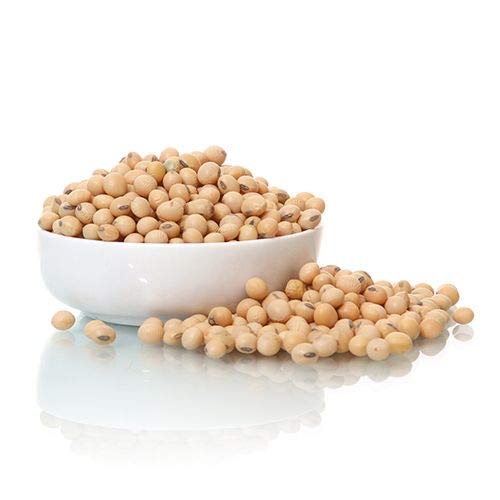
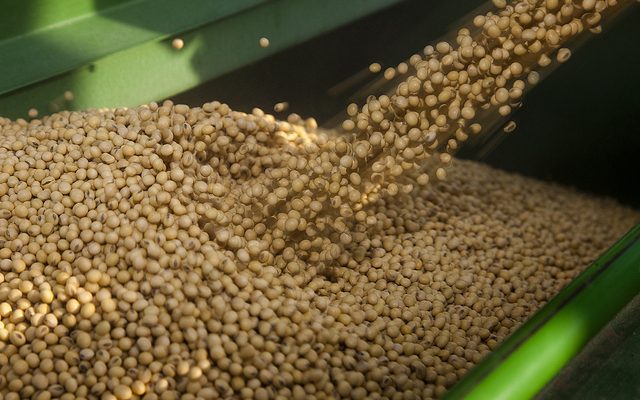
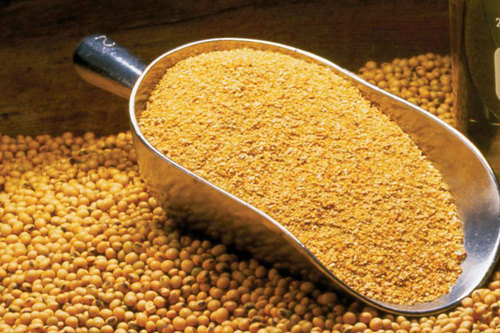
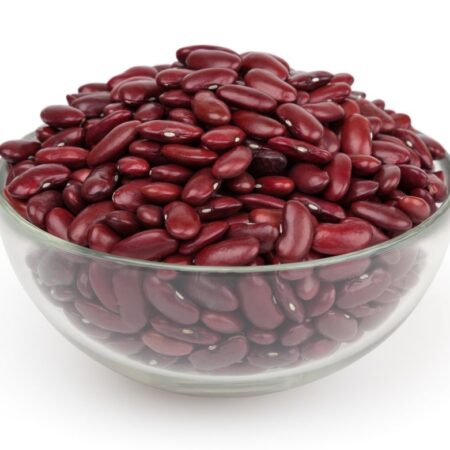
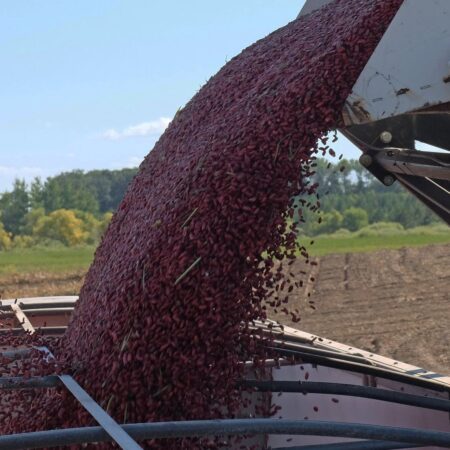
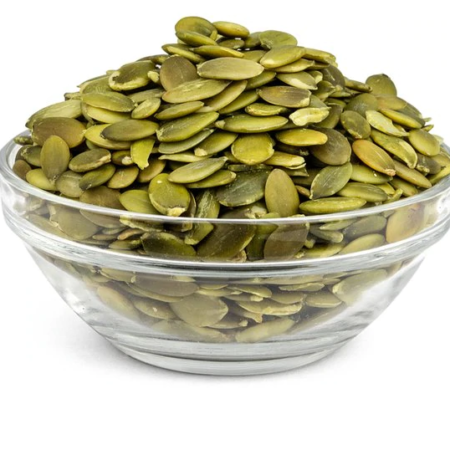
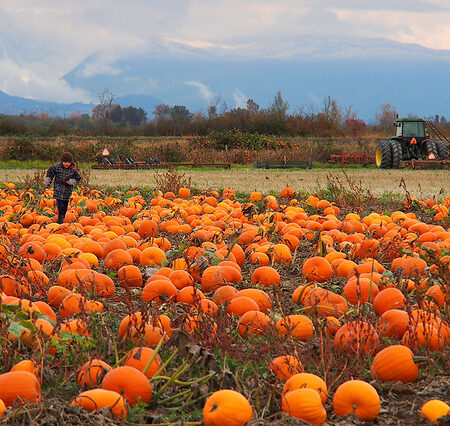
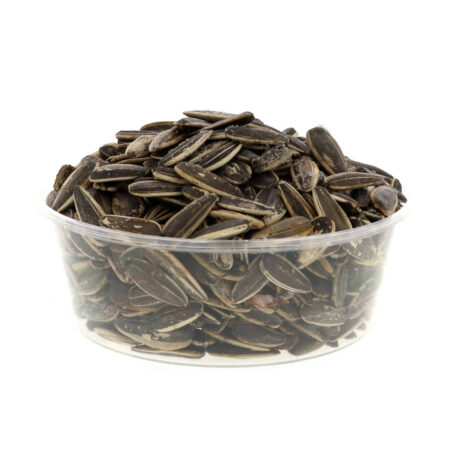
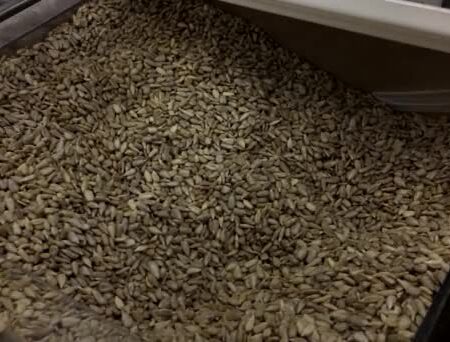
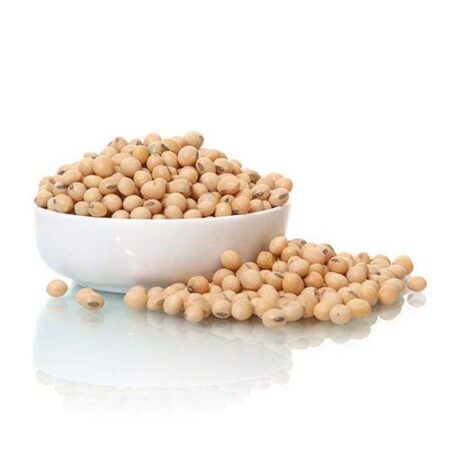
Reviews
There are no reviews yet.